How Gaming Helps Mental Health
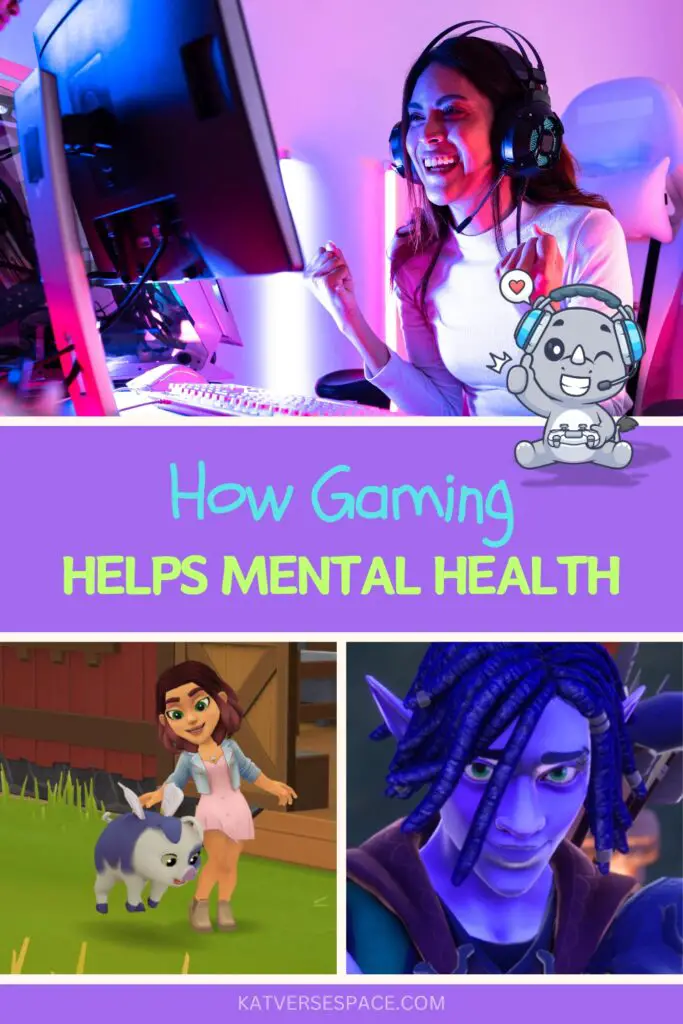
You know, there’s something beautifully therapeutic about gaming. According to a study by the University of Oxford, video games can improve mental well-being. Surprised? Honestly, as someone who’s spent countless hours immersed in cozy games like Stardew Valley, and well, mostly, in The Sims, I’m not. Gaming is more than just fun. It’s a form of self-care, a little escape that can help you recharge.
Whether you’re planting crops in Stardew or solving mysteries in Fields of Mistria, these moments of peaceful gaming offer a much-needed break from the chaos of daily life. But what if I told you that gaming goes far beyond just entertainment? It actively improves your mental health.
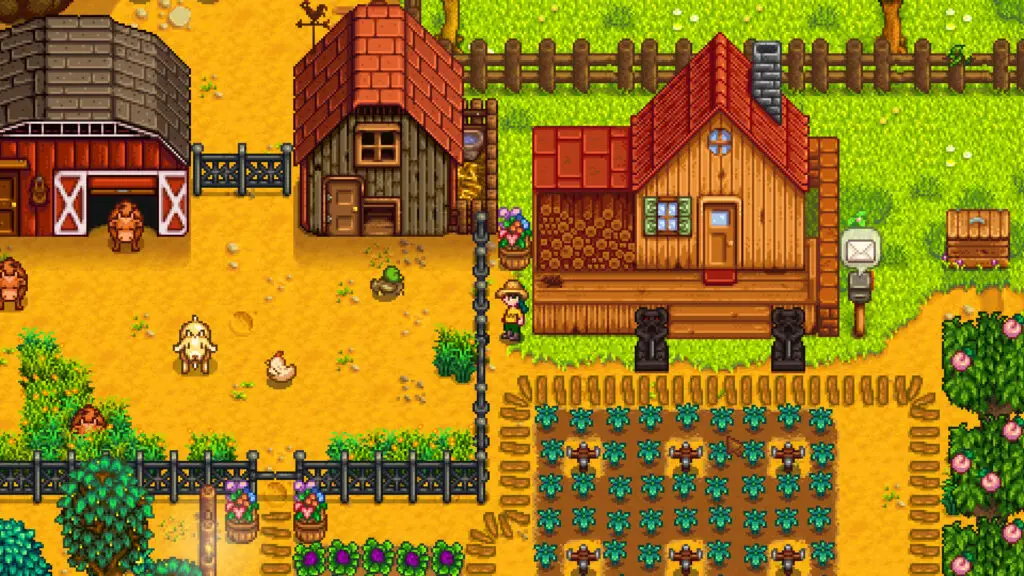
Yes, you heard me. How gaming helps mental health is something we should talk about more. Let’s break down why that is.
1. A Safe Haven for Stress Relief
Stress. It’s that ever-present weight we all feel from time to time (or maybe all the time, let's be real). Between balancing work, family, and all the other life stuff, it can feel like there’s never enough time for yourself. But gaming can act as your very own personal therapist(nothing beats a real therapist though).
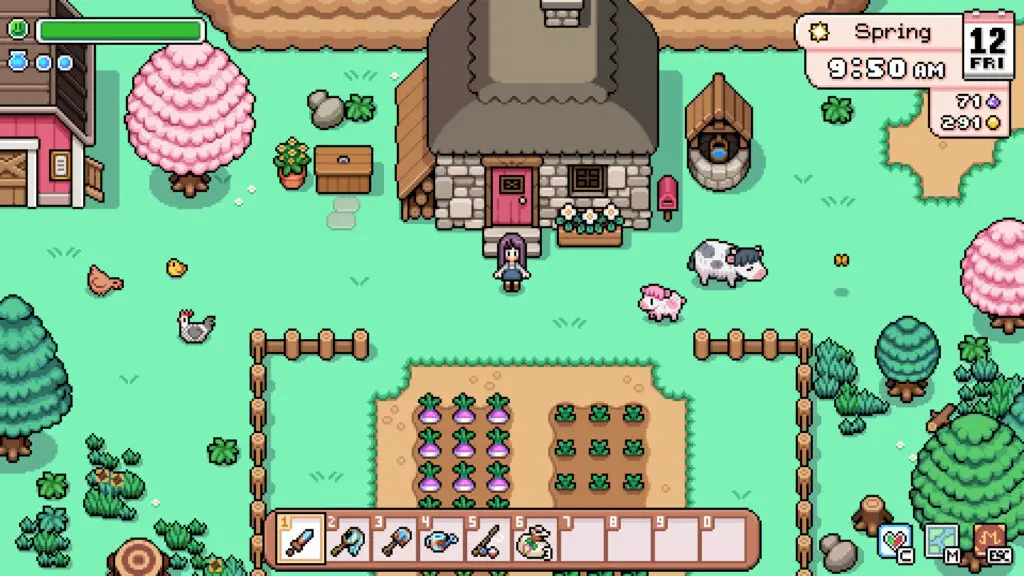
Studies suggest gaming reduces cortisol levels, which is the hormone responsible for stress. Games like Stardew Valley offer a world where your only worry is whether you watered your crops. The repetitive tasks, like fishing or tending to animals, provide a sense of control and accomplishment. It’s a gentle reminder that some things can be easy, even if life isn’t.
Actionable Tip:
Schedule a cozy gaming session once a week. Set a timer for an hour or two and fully immerse yourself. This isn’t just playing a game; it’s a self-care routine. You’ll find that little escape leaves you feeling recharged and more capable of tackling real-life stress.
2. Building Emotional Resilience
Gaming teaches you how to fail. I know, that sounds weird, but hear me out. One of the most important ways gaming helps mental health is by teaching us to cope with failure in a safe environment. Whether you lose a battle, fail to catch that rare fish, or forget to feed your animals, games show you that failure isn’t the end.
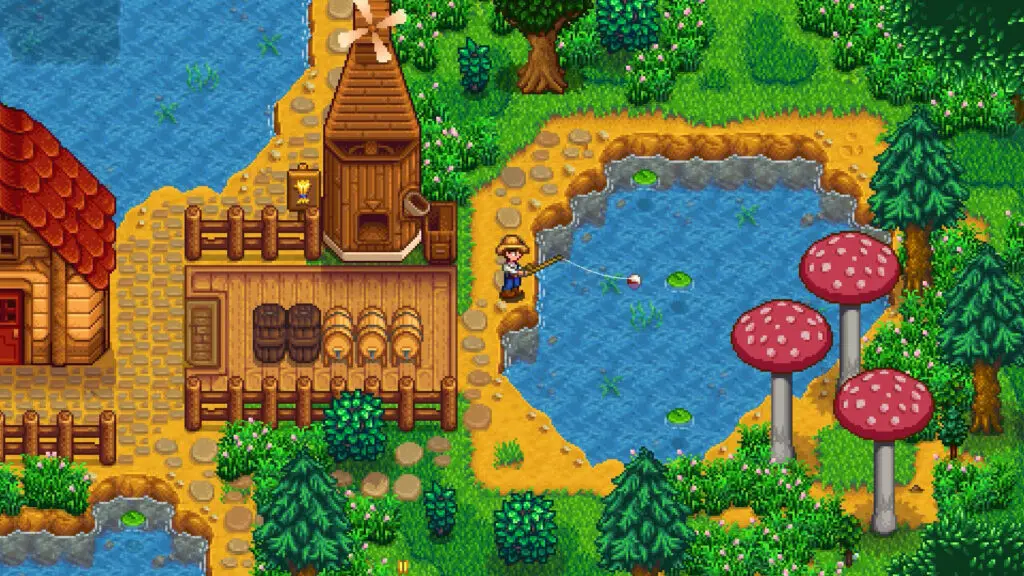
Take Stardew Valley, for example. Your crops may wither, but there's always another day to try again. This resilience spills over into real life, where setbacks don’t feel quite as crushing. You learn to try again, to take a deep breath, and keep moving forward.
Actionable Tip:
Next time you face a failure in-game, reflect on it. What can you take from this virtual “failure” that applies to your real life? The ability to keep pushing forward and stay emotionally balanced is a powerful skill.
3. Strengthening Cognitive Abilities
Video games aren’t just about zoning out. Many games, especially those with puzzles, strategies, or complex storylines, challenge your brain in exciting ways. Gaming has been linked to improved cognitive functions, such as better problem-solving skills, faster reaction times, and increased memory retention.
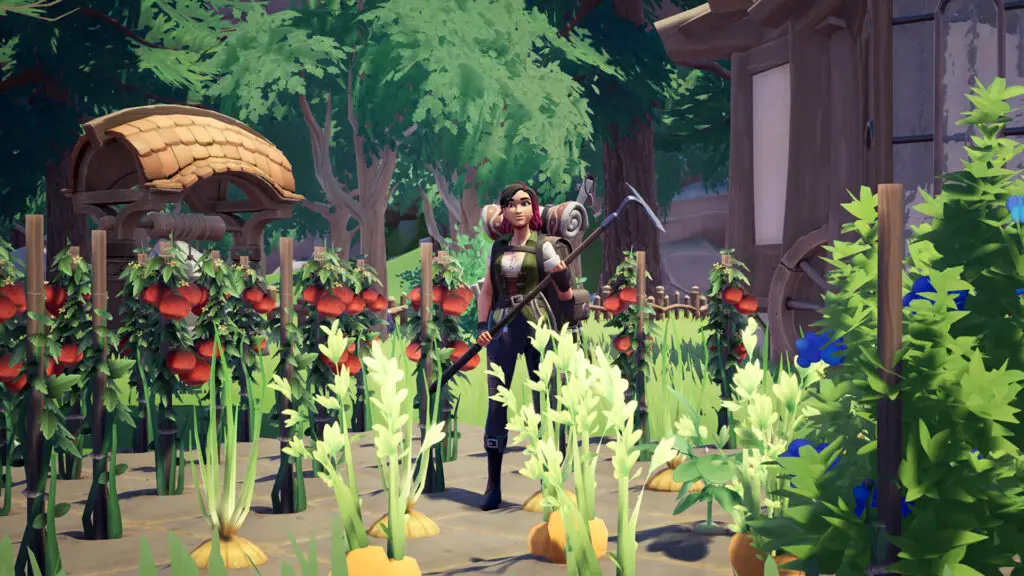
Remember that time you were trying to figure out how to organize your farm in Stardew? Or when you were mapping out the perfect planting system in Palia to maximize the benefits of planting certain plants next to each other These little brain exercises are far from useless. They’re sharpening your mind in ways you might not even realize.
Actionable Tip:
Play games that challenge your mind. Whether it’s a mystery-solving game or one that forces you to think critically, aim to incorporate a mentally stimulating game into your routine. You might be surprised how sharp your real-world problem-solving skills become!
4. Connecting With Others: Social Benefits of Gaming
The stereotype of the “lonely gamer” is outdated. With the rise of online multiplayer games, gaming has become an incredible way to stay connected with others. How gaming helps mental health also lies in its ability to combat loneliness and build friendships.
I’ve made lasting friendships through gaming, whether it’s coordinating crops with friends in Palia or casually chatting with online players in other cozy games. The feeling of camaraderie and shared goals can be deeply fulfilling. It’s socializing, but without the pressure of real-life interaction (which can be a lot sometimes, right?).
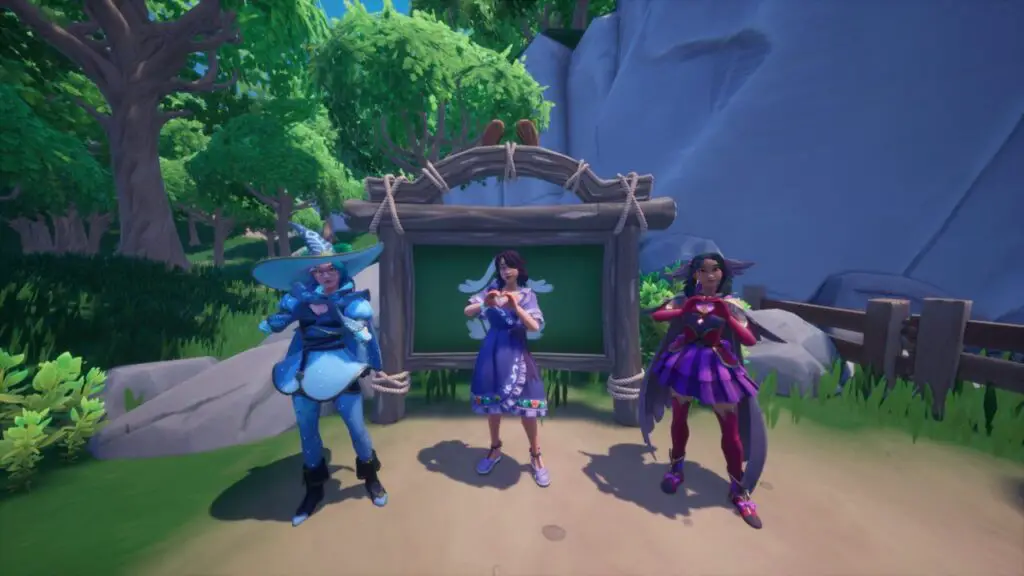
In fact, researchers have found that social gaming can increase feelings of belonging and reduce isolation. When we game together, we work as a team, we chat, we laugh. And that’s a beautiful thing.
Actionable Tip:
If you haven’t already, try an online cozy game that allows multiplayer modes, like Palia. Not only will you have fun, but you’ll also build a sense of community and connection. And who knows? You might make a new friend!
5. The Importance of Routine: Games Help Establish Positive Habits
I don’t know about you, but life feels like it’s all over the place sometimes. Games offer the structure and routine that I crave but often fail to maintain in real life. In Fields of Mistria, you wake up, you water your crops, you take care of your animals, you plant seeds for tomorrow. There’s a rhythm, a routine, and a sense of accomplishment in completing each day.
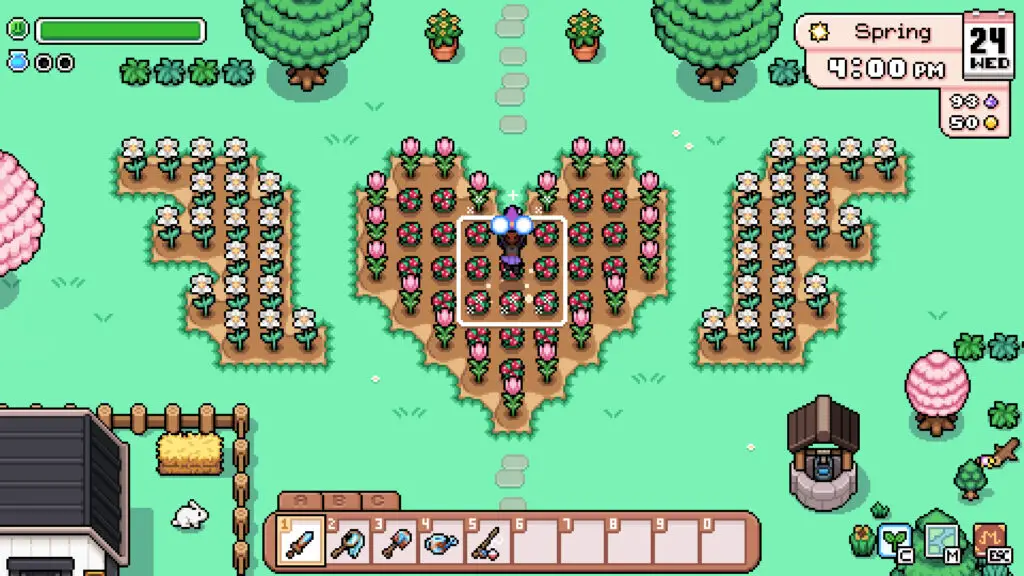
Research shows that routines, even in the context of gaming, can help with mental health by providing stability and reducing anxiety. A sense of routine helps create a mental safe zone where you can recharge and re-energize.
Actionable Tip:
Use games to reinforce positive habits. Maybe it’s maintaining a daily routine in your game that mirrors real life. For example, after you water your virtual plants in the morning, go water your real ones. Let your in-game schedule inspire a real-life routine that grounds you.
6. Emotional Regulation and Mindfulness
Sometimes, life gets overwhelming, and emotions run high. You’re upset, anxious, or just feeling down. Cozy games, in particular, offer a peaceful environment that can help regulate emotions and calm you down.
In games like Wylde Flowers or Animal Crossing, you’re immersed in serene landscapes and simple tasks that bring your mind into the present moment. It’s mindfulness without the meditation app. Just by playing these games, you’re practicing emotional regulation - focusing on something peaceful and calming your mind.

This type of immersive mindfulness isn’t just a quick fix; it’s a skill you can carry into everyday life. When things get tough, remember that your emotions, like an unruly crop of parsnips, can be managed.
Actionable Tip:
When you’re feeling overwhelmed, boot up a calming game for 30 minutes. Focus on the task at hand, whether it’s decorating your farm or arranging flowers in your virtual village. Let it serve as a reset for your mind and emotions.
7. Creativity: Games Unlock the Artistic Side
Cozy games have this magical way of tapping into your creativity. I mean, who hasn’t spent hours decorating their farm in Stardew or customizing their island in Animal Crossing? Gaming gives us a chance to express ourselves in ways we might not otherwise.
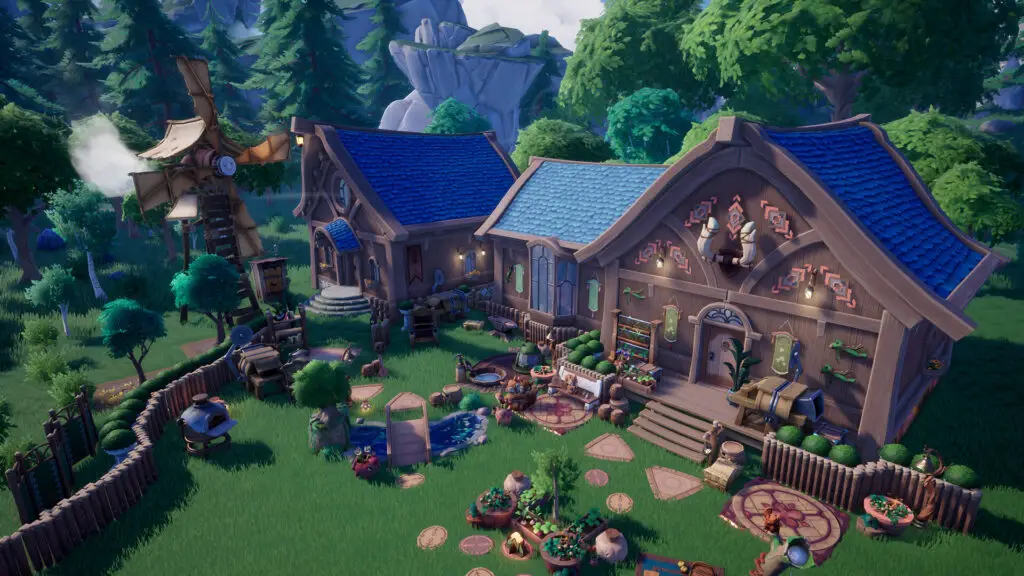
In fact, studies suggest that video games can improve creativity and innovation. It’s not just about following the game’s structure; it’s about making it your own. From choosing your avatar’s outfit to designing an entire farm layout, these small choices foster creative thinking and self-expression.
Actionable Tip:
Embrace the creative side of gaming. Don’t just follow the rules - make them your own! Challenge yourself to build something completely unique, whether it’s a new town design or a complex farm. See how this creativity spills into your everyday life.
8. Reducing Anxiety and Depression Symptoms
It’s been shown that gaming can help alleviate symptoms of anxiety and depression. The escapism it provides is not just about distraction. It’s about giving your mind a break from the constant noise, the pressure, and the stress.
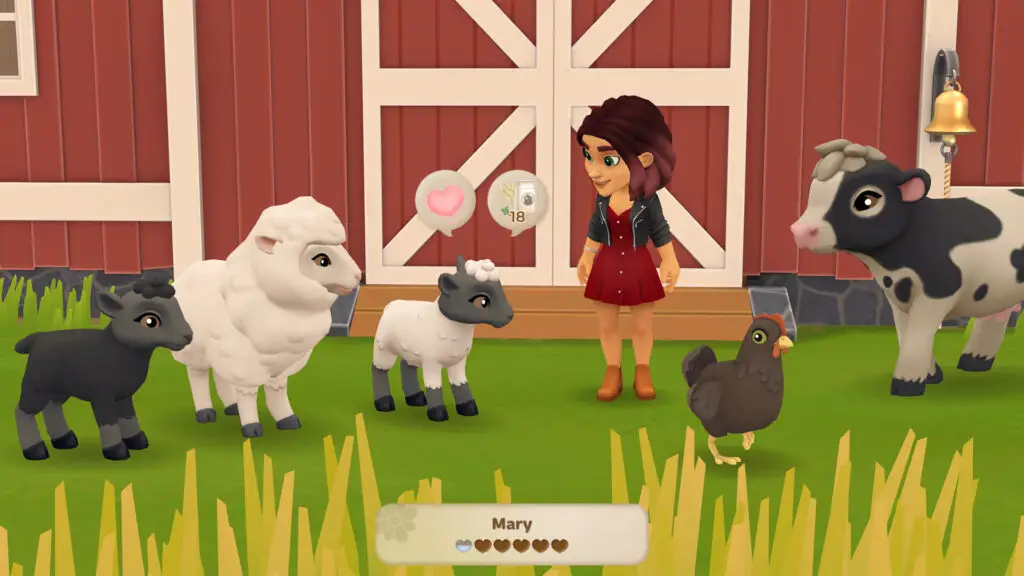
Games like Stardew Valley or Wylde Flowers offer worlds that are much simpler and more manageable than our own. They allow us to experience small, controlled successes. That might sound trivial, but when you’re feeling low, those small wins can mean everything. Over time, these positive experiences can have a real impact on your mood and mental health.
Actionable Tip:
The next time you feel anxious or down, try immersing yourself in a cozy game. Give yourself permission to escape, even if it’s just for an hour. Allow the simplicity of the game to quiet the chaos of your mind.
Conclusion: Gaming as a Tool for Mental Well-Being
So, there it is. Gaming isn’t just a hobby; it’s a powerful tool for supporting mental health. Whether you’re looking for stress relief, emotional regulation, or a little creative inspiration, cozy games offer a peaceful escape. How gaming helps mental health isn’t just a theory. It’s something I (and many others) experience every day.
Let’s ditch the idea that gaming is a waste of time. Instead, see it for what it is: a form of self-care, a mental reset, and a way to connect with others.
Next time you settle in for a session of Stardew Valley or Palia, don’t just think of it as entertainment. Think of it as nourishment for your mind.
Who knew that a little gaming could do so much good?
And if you need help deciding what game to pick up, I gotchu! I have a blog post about cozy games that are perfect for beginners. You can read it here.